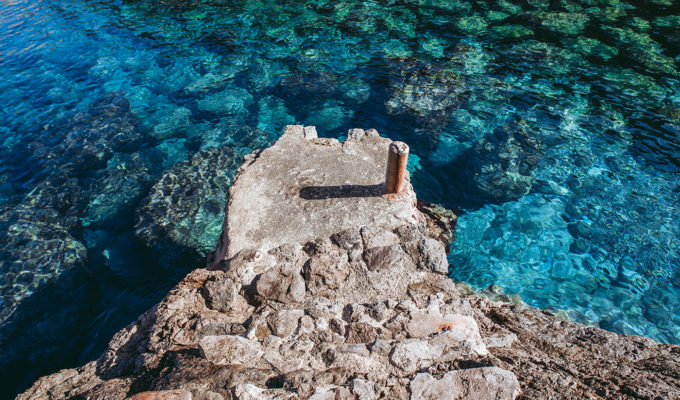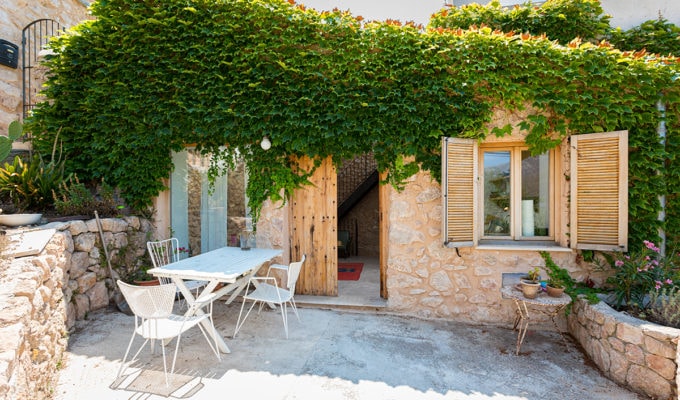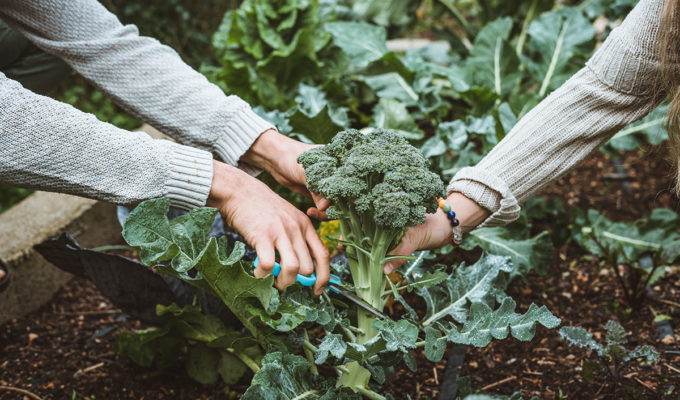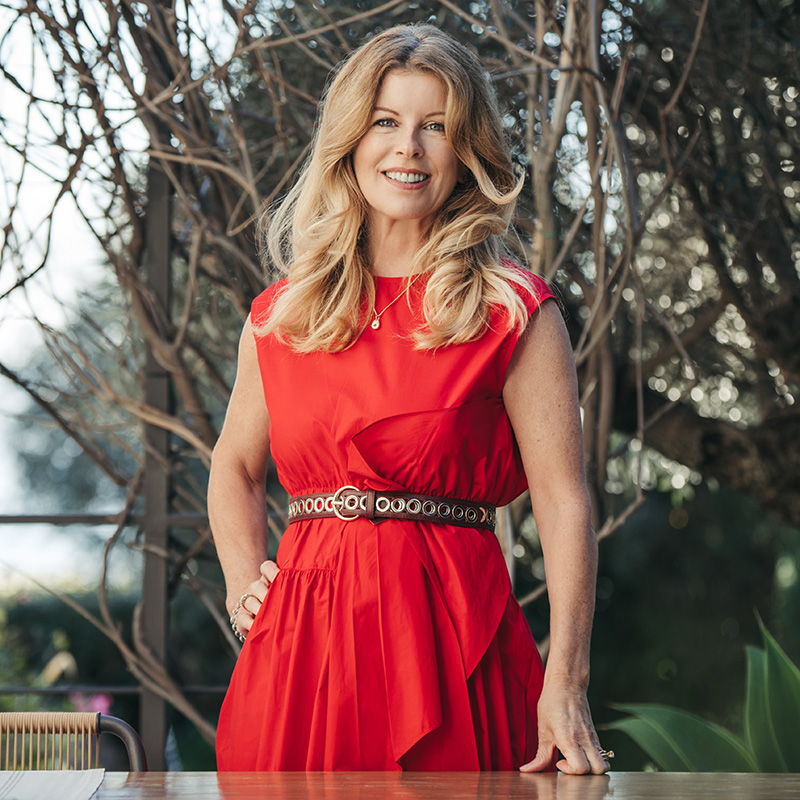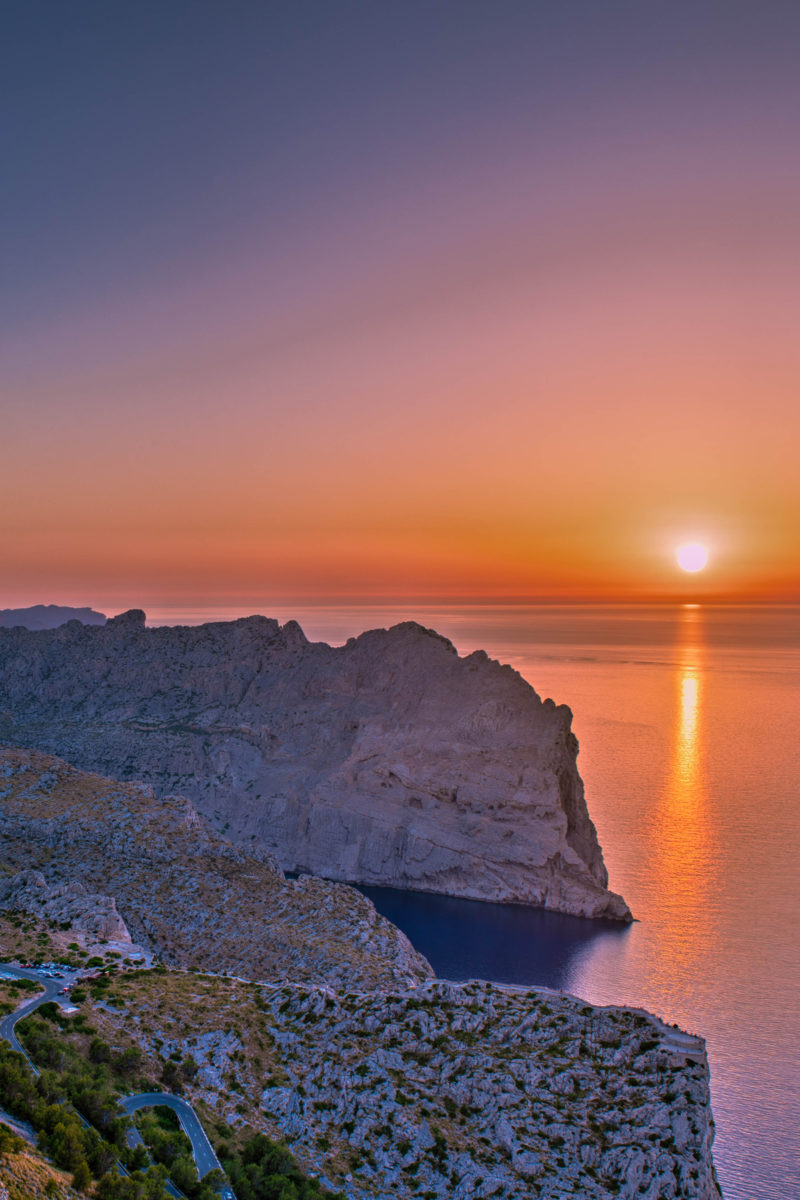
As lockdown measures are finally eased and we begin to emerge – some warily, others enthusiastically – from our homes, the world feels different. Changed in some ways that we can fathom, and in other ways we can’t yet know. But what we know for sure is that life will never be completely the same as it was before we were plunged into the strange, unexpected and uncharted territory of the coronavirus crisis.
One point many agree on is that it needs to be a stark wake-up call when it comes to reassessing how we interact with the world around us. While a push towards a more sustainable way of life has been undoubtedly growing, amongst individuals as much as businesses, recent events will surely add more urgency to re-examining our relationship with nature.
But as well as looking at how we live, many of us will be re-evaluating where we live. Throughout time, the main purpose of a home has been to keep us safe. While the global trend has been towards big cities, living in urban multi-dwelling apartment blocks in times of pandemics only increases the chance of contagion. Busy city centres and crowded transport systems, too, become less attractive; small villages and rural locations more appealing. Also, after weeks of mandatory self-isolation, those who have lacked the freedom and outside space of a house in the country have felt the strain the most.
The situation also meant the home becoming the new office for many – and with plenty of us finding the set-up preferable. Increasingly more homes will have dedicated spaces for work, leading to more flexible working hours, and – as became common during the crisis – more video meetings via the internet. Less commuting, both by road and air, makes for cleaner air and a reduction in greenhouse emissions.
It is likely many of us will also be drawn towards a more self-sufficient way of life, whereby our electricity and water are sourced or produced on-site, as well as food grown on surrounding land. While serving as a back-up in times of emergency, the use of renewable energy would also have obvious environmental benefits. And on an island where 80% of the year is sunshine, it’s high time for the widespread adoption of solar power.
The effect of the virus on the islands’ tourist industry will be undoubtedly greatly damaging – at least in the short term – and consequently economically impact the island as a whole. And there’s no doubt that the aftershocks of COVID-19 will have a profound effect on many aspects of our lives and the choices that we make about how we live.
But as we leave our homes, we emerge to cleaner air, to a greater appreciation of simple pleasures, and to perhaps a rare chance to change the ‘normal’ to something better– a better way of living, for us, our island and the planet upon which we depend.
Photos by Sara Savage



